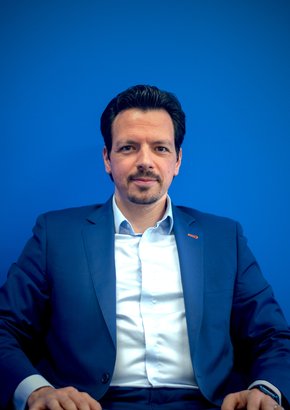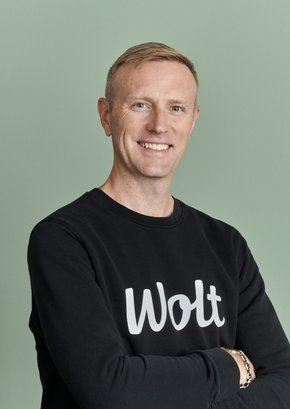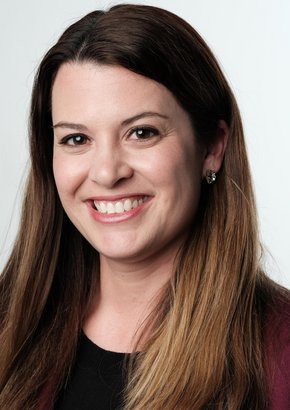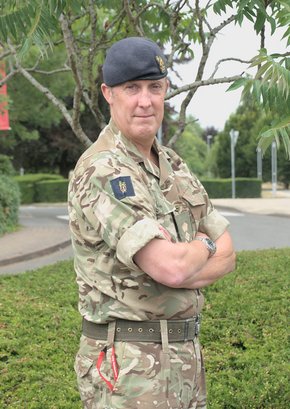
Robert Langley
CIO of Cafcass

In a 14-year career at Cafcass, CIO Robert Langley has seen a number of dramatic changes.
Admitting the organisation was in a difficult position when he joined in 2008, a comprehensive transformation - helped in part by the adoption of technology - has enabled Cafcass to go from being deemed inadequate to being rated outstanding by inspector Ofsted.
Having studied at the University of Leeds with a BA in geography, Langley went straight into a post-graduate degree where he earned a doctorate in computational geography. He began his career working for the police as a performance analyst, which was the first step in what he admits is a slightly unconventional journey.
“It's probably a bit unconventional, I suppose, for somebody who's CIO, and head of IT,” Langley admits. “I started off working for the police as a performance analyst, so data analysis, working with senior officers on target setting and matching the data with their operational understanding and resource deployment, which was very interesting.
“From there I went into local authorities first in York and then Leeds, for what is now called children services, again initially in data analysis, and then records and information management,” he explains. “I picked up the IT portfolio, including the technical parts of the major building programme, Building Schools for the Future, with some organisational improvement chucked in, before I ended up here at Cafcass, dropping most of that, and focusing on the technology portfolio.”
In what he describes as a varied career, analysis and technology has always been involved, as Langley explains.
“I've been involved in quite a few inspections over the years, and the two of my longest roles have been about organisational improvement,” he says. “My role before Cafcass essentially started with me being brought in as part of an improvement team, a new broom-type thing for organisations not thought to be succeeding, shall we say. And I think probably one of the reasons I'm here at Cafcass is because the last time it worked really well and we managed to turn things around and make them excellent places to work with some fantastic services.”
Cafcass has gone through a number of positive changes, but there are still some challenges, from funding constraints to capacity for change within the organisation, Langley says.
“There's always the challenge of balancing your ambition for an organisation against the reality of the situation,” he explains. “It's not unique to public services that there are constraints on funding and other resources. But there's also the constraint of the capacity for change within an organisation. And I think trying not to do it all at once is always a challenge.
“I like to think I am quite a strategic thinker, rational and fairly calm. But at the same time, whilst I don't rush to decisions necessarily, I'll try and be very supportive of people, once we've had the idea and we've said we'll do it, I have to stop myself from moving on to the next thing and assuming it's done.
“We've done such a lot and we've done, most of it I think, pretty well. But I think that the big challenge is really in an organisation which is changing and it's constantly changing, but is under pressure. It's making sure that you don't overload the team and that you continue to listen to staff all the time, and take them with you.
“And I think there are going to be some big challenges in the next 18 months as well,” he concludes. “As an organisation we are moving towards a likely inspection in the next 12 to 18 month period. But we're still doing in IT what we can, to continue to innovate and improve.”
Read the full story HERE.
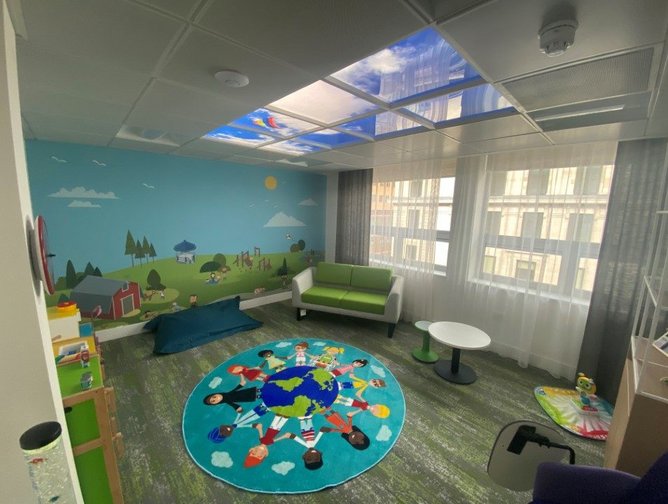

Featured Interviews
We’ve built some unique features into our insurance program specifically because we’ve listened to courier partners in every country


